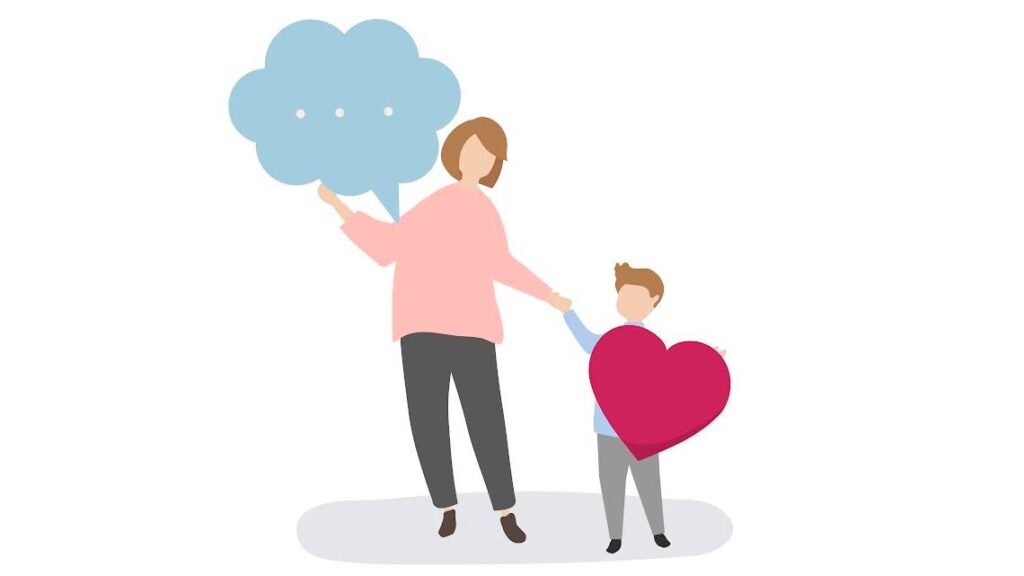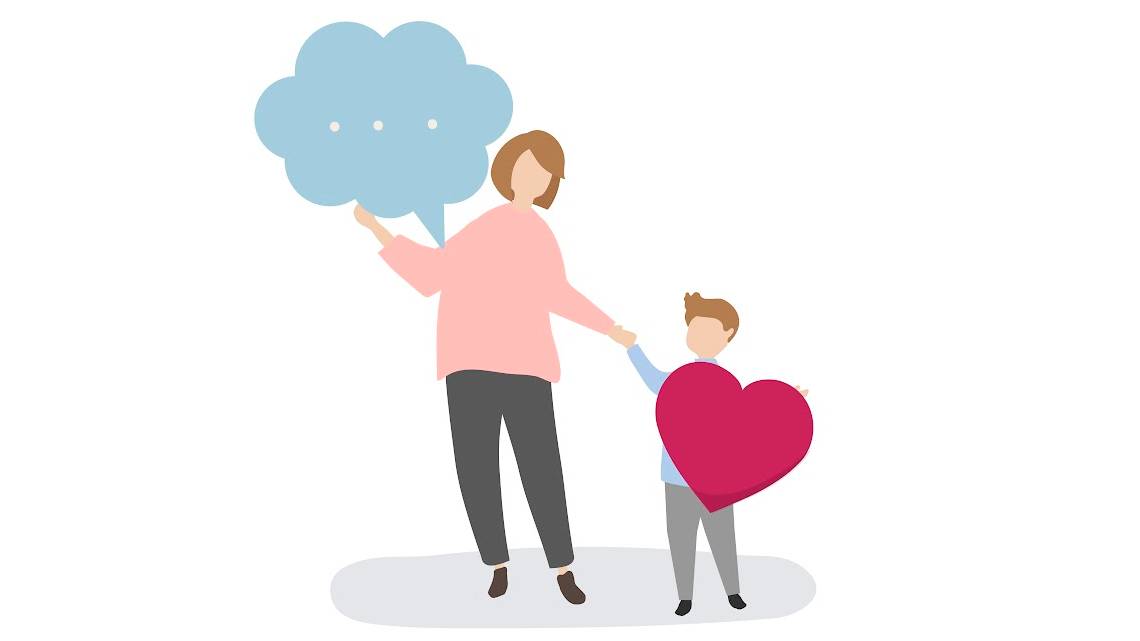
Parental mental health plays a monumental role in a child’s social, emotional, behavioural and psychological development. Parents and caregivers are central to a child’s life – shaping their self-esteem, sense of belonging and social behaviour. Like sponges, children absorb everything that this environment has to offer, including worry and distress. Therefore, even subtle shifts can leave a lasting mark on the child, influencing their worldview and behaviour well into adulthood.
Whether it’s mental health conditions such as anxiety and depression or everyday tension and stress, a parent’s mental health affects more than just their own wellbeing – it shapes the emotional climate at home. Over time, these can lead to behavioural, social, emotional and educational difficulties in children. In conjunction with these, psychosocial factors such as parenting styles and ability and attachment relationships can also influence their mental health.
Children’s Understanding of Parent’s Mental Health Difficulties
Children usually attribute their parent’s mental health difficulties to stressful or adverse life events such as abuse, trauma, divorce, death of a loved one, etc. In their eyes, mental health troubles can feel like an invisible illness – one that changes the parents they once knew.
Most children believe that medication can somehow fix their parents, even though they are unaware of the complexities involved.
Children often recognize signs of mental health issues by noticing changes in their parents’ behaviours – increased need for sleep, avoidance of chores or activities once enjoyed, emotional outbursts like shouting or crying, and other unusual and unpredictable behaviors. This unpredictability can often leave children feeling worried, helpless and anxious.

Impact of Parental Mental Health on Children
Early childhood is a critical time for emotional, cognitive, and biological growth. Since the brain is highly malleable during this stage, children are especially sensitive to stress and environmental influences—making this a key period that shapes long-term well-being and development. When faced with stressors in this sensitive period:
- Some children may begin to look for unusual behavioral signs in themselves and associate emotions such as anger or sadness as an indication of ‘becoming like their parents.’
- Others may take up a more responsible role early on in life and walk on eggshells around their parents in order to avoid burdening or upsetting them, thereby suppressing their own needs.
- Children may start taking up adult responsibilities such as household chores, caring for siblings, avoiding provocation, not bringing friends home, etc. This can often lead to a role-reversal where the child becomes the parent and vice versa. This parental role can lead to children feeling overwhelmed and robbing them of a carefree childhood.
- Lack of emotional availability, warmth and sensitivity towards the child’s needs may lead to the formation of insecure attachment which can create difficulties in forming trusting relationships in the future.
- Children of mothers with postpartum depression often portray impaired cognitive functioning, lower IQ, behavioral and attentional problems.
- Parental substance abuse, mental health issues, and social disadvantages can disrupt early parent–child relationships, often leading to poor discipline and externalizing behaviors in children. These early difficulties are linked to later challenges such as low academic performance, poor self-esteem, depression, substance use, and antisocial tendencies.
- When children watch their parents have a difficult time managing their emotions, they may not learn the necessary emotion regulation skills themselves. This may lead to an inability to trust others, poor school performance, constant feelings of the world being dangerous and difficulties with social interactions.
- Inconsistent parenting – being overly flexible and permissive to being overly strict or controlling – can confuse children and lead to difficulties with understanding boundaries, following rules, developing confidence or sense of self, seeking support, etc.
- Decreased mental health may also lead to persistent parental conflicts, thereby creating a hostile and toxic environment for the child. This may lead to sleep disturbances and feelings of guilt (due the belief that they are the cause of these conflicts) for the children.
The impact of parental mental health follows children well into adulthood. They carry the emotional residue of living in stressful homes for years after the initial commencement. Therefore, they may struggle with:
- Low self-worth or feelings of inadequacy
- Choosing or staying in unhealthy relationships
- Avoiding emotional vulnerability
- Increased risk of mental health conditions such as depression, anxiety, substance abuse, among others.
- Difficulties with emotion regulation and social skills
Parental mental health is not just about the individual—it affects the entire family ecosystem. A mentally healthy parent creates a secure, nurturing environment where a child can thrive emotionally, socially, and psychologically. Early intervention, emotional support, and open conversations about mental health can break intergenerational cycles of stress and dysfunction. By prioritizing parental mental health, we can create safer, more emotionally resilient futures for children.
Photo Credits:
First image: freepik
Second image: freepik
References
Frye, T., & Frye, T. (2024). How Parental Mental Health shapes Children -Family Therapy. Crossroads Counseling. https://www.counselingphoenixscottsdale.com/how-parental-mental-health-shapes-children/
Kamis, C. (2020). The Long-Term Impact of Parental Mental Health on Children’s Distress Trajectories in Adulthood. Society and Mental Health, 11(1), 54–68.
Manning, C., & Gregoire, A. (2006). Effects of parental mental illness on children. Psychiatry, 5(1), 10-12.
Simpson-Adkins, G. J., & Daiches, A. (2018). How Do Children Make Sense of Their Parent’s Mental Health Difficulties: A Meta-Synthesis. Journal of Child and Family Studies, 27(9), 2705–2716.
The Story Mug. (2025). The Silent Casualties: How parental conflicts shape a child’s mental health and future. THE STORY MUG. https://thestorymug.com/the-silent-casualties-how-parental-conflicts-shape-a-childs-mental-health-and-future/

Sakshi
About the author
Sakshi is a clinical psychologist with a deep passion for understanding human behavior, a strong drive for research, and a keen eye for psychological intricacies. Committed to continuous learning, she seeks to explore every facet of psychology, from theory to practice, to better support and empower individuals. With a curiosity that fuels her pursuit of knowledge, she strives to bridge the gap between research and real-world applications, making psychology more accessible and impactful.
Recently Added
Parental mental health plays a monumental role in a child’s social, emotional, behavioural and psychological development. Parents and caregivers are central to …
Cognitive behavioral therapy (CBT) was initially developed by Aaron Beck in the 1960s and it is based on the cognitive model of …
Artificial Intelligence or AI, as we like to call it, has become a part of everyday operations, enhancing everything from manufacturing automation …




